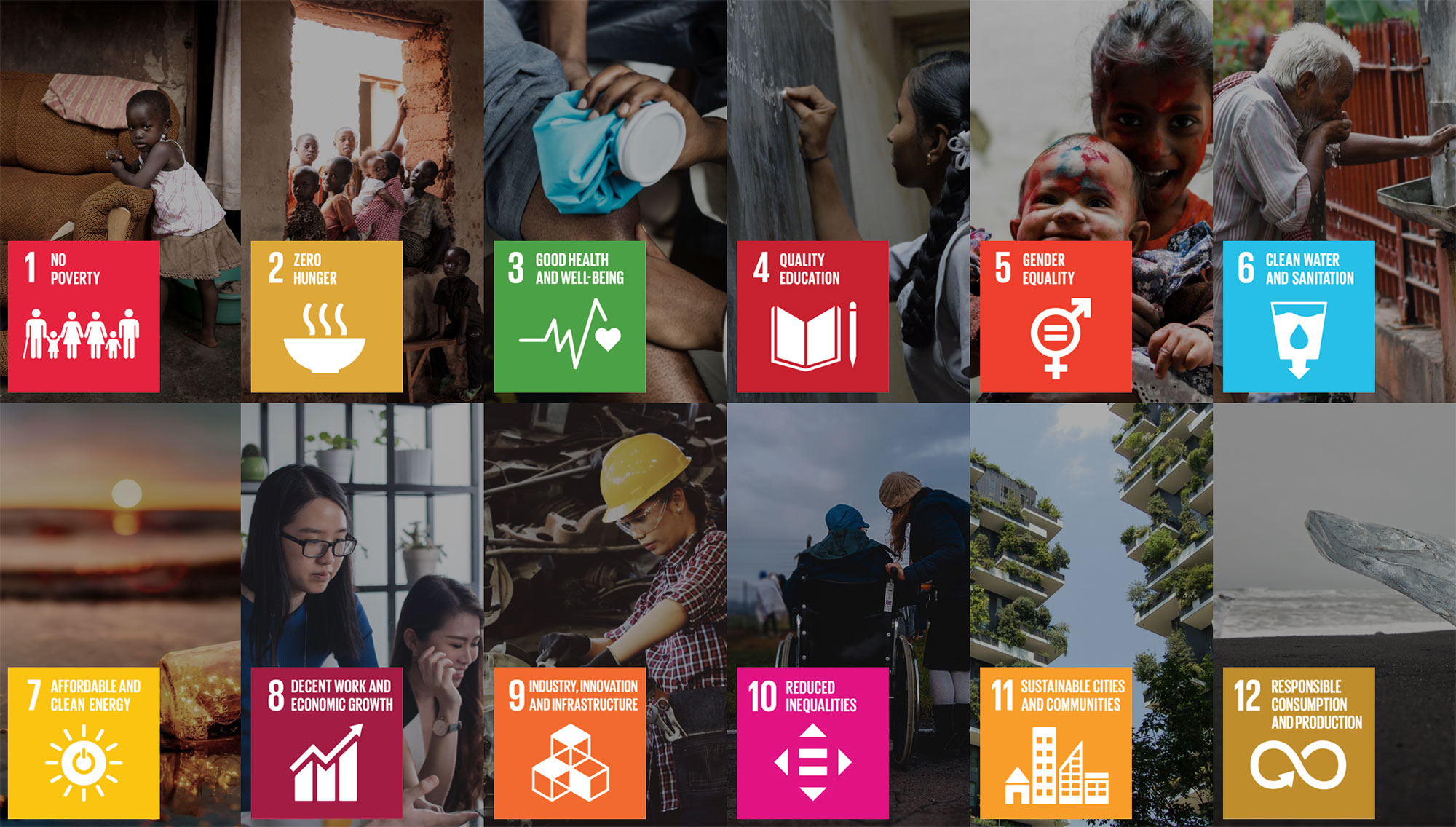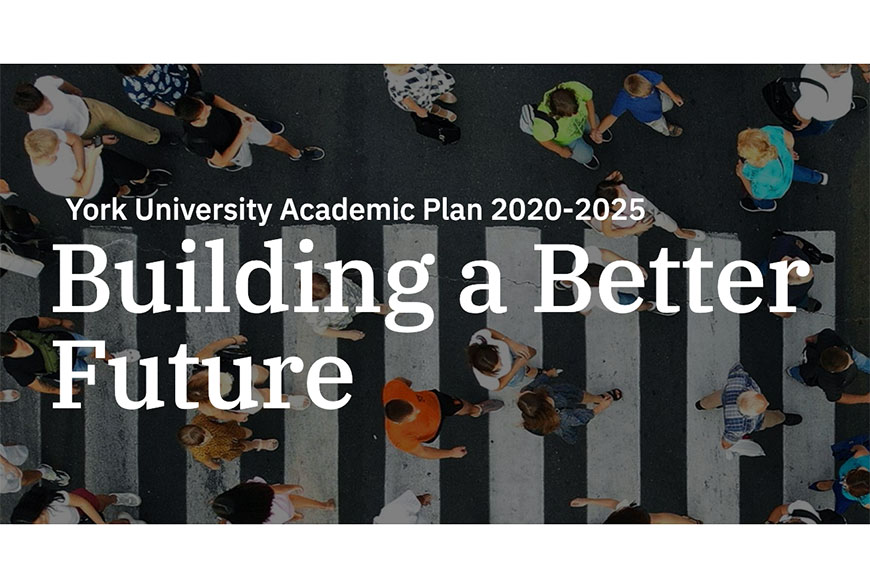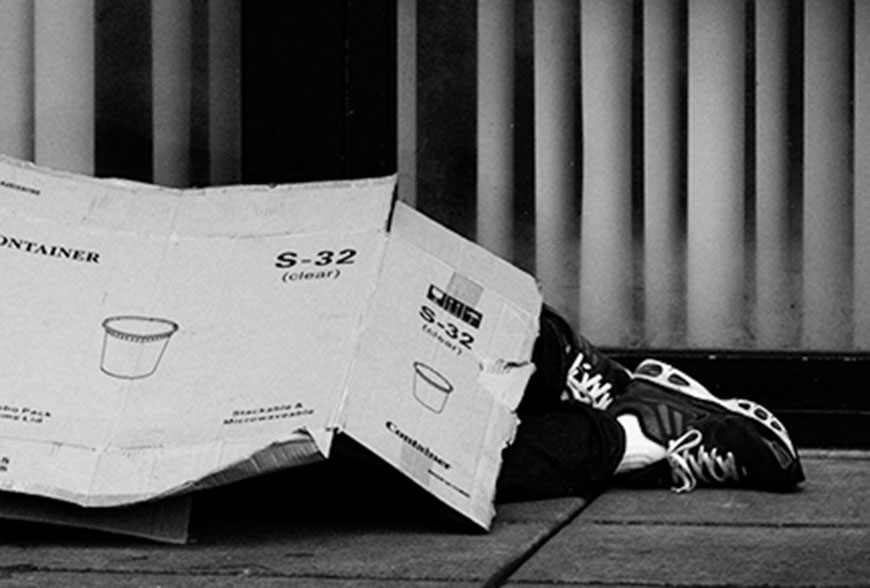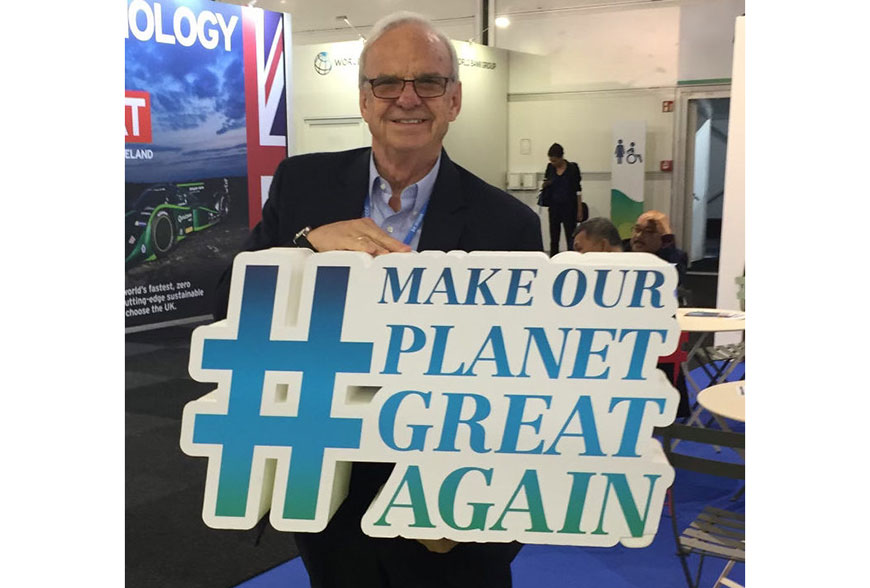At York, sustainability is more than a promise to reduce our waste and energy usage — it is the lens through which we measure all of our actions.
Sustainability is one of the foundations of our University Academic Plan 2020–2025: Building a Better Future, and it is embedded within all six of our priorities for action as part of our commitment to addressing the 17 United Nations Sustainable Development Goals, which together chart a path for peace and prosperity for people and the planet, now and into the future.
94
94th percentile in Times Higher Education World Impact Ranking
67
67th worldwide overall out of 1,100+ universities
24
24th worldwide on SDG 11: Sustainable Cities and Communities
27
27th worldwide on SDG 17: Partnerships for the Goals
This year, York University ranked highly in the Times Higher Education Global Impact Ranking for the third year in a row, placing 11th in Canada and 67th in the world among 1,115 post-secondary institutions from 94 different countries.
The Impact Rankings are the only global assessment that measures universities against the UN SDGs. They compare universities worldwide on research, stewardship, outreach, and teaching across 17 categories.
York ranked in the top four per cent globally in two SDGs that closely align with the strategic focus of the University Academic Plan 2020–2025 — third in Canada and 27th in the world for SDG 17: Partnerships for the Goals, which examines a university’s stewardship of resources and its preservation of community heritage; and fifth in Canada and 24th in the world for SDG 11: Sustainable Cities and Communities, which looks at how the university supports and collaborates with other institutions in working towards the SDGs.
In June 2021, York established Canada’s first Centre International de Formation des Acteurs Locaux (CIFAL), in partnership with the United Nations Institute for Training and Research. CIFAL centres provide training and serve as knowledge exchange hubs for government officials, the private sector, academia, and civil society.
One of only 22 centres in the world, CIFAL York will help contribute to the UN SDGs on disaster and emergency management, diversity and inclusion, economic development, and health and entrepreneurship. Its inaugural director will be Ali Asgary, Associate Professor of Disaster and Emergency Management.
The UN Economic Commission for Europe (UNECE) established the Toronto Centre of Excellence on Youth Homelessness Prevention at York in June 2021. It will be hosted by York University and co-directed by Faculty of Education Professor Stephen Gaetz, President of the Canadian Observatory on Homelessness, and Melanie Redman of A Way Home Canada.
The new Centre of Excellence is part of a network of centres co-ordinated by UNECE with a mandate to engage in the exchange of research-based knowledge, experience, and best practices to support implementation of the Geneva UN Charter on Sustainable Housing.
In March 2021, York University was named one of six founding partners of a new global UNESCO network on Education for Sustainable Development, which is made up of universities and internationally engaged organizations from 30 countries.
The network aims to foster sustainable development and knowledge mobilization through collaborative research, policy development, and education.
Throughout the 2020–2021 academic year, York continued to build on its strong international reputation in global health.
In November 2020, York’s Global Strategy Lab celebrated its designation as a WHO Collaborating Centre on Global Governance of Antimicrobial Resistance. The Global Strategy Lab is led by Professor Steven Hoffman, and advises governments and public health organizations on laws, policies, and institutions to address global health threats.
Professor Hoffman was also appointed to serve on the Inter-American Dialogue’s Health Task Force to examine the COVID-19 response and recovery in the Western Hemisphere, and to lead the development of the UN Research Roadmap for the COVID-19 Recovery.
In a separate effort, Global Health Professor Mathieu Poirier established a new partnership with German and Romanian universities to enable students in his global health policy class to collaborate online with European students to develop solutions to global health problems.
York launched a campus-wide initiative to build capacity in research, scholarship, and professional development activities within disaster risk governance and disaster emergency management. The initiative focuses on transformative health-care governance and managing risks associated with climate change, two of the key issues identified in the UN SDGs.
The university has already established a symposium and speaker series, and is laying the groundwork for developing an organized research unit in Disaster Governance.






